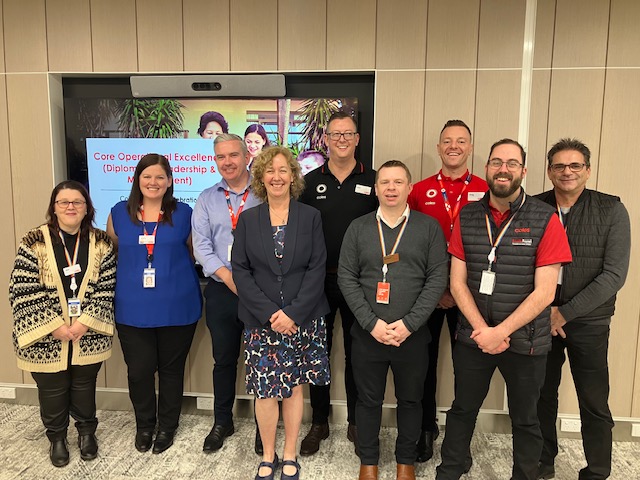Tackling Backlogs with Queuing Theory: A Strategic Approach
Do you find yourself facing several operational challenges?
Here’s the scenario:
- Your team’s backlog is growing, even though there doesn’t seem to be an increase in demand.
- Your team is putting in a lot of effort.
- You’re consistently missing delivery targets, and cycle times are expanding.
- Efforts to enhance efficiency are falling flat.
- Adding more personnel isn’t an option, and even if it were, it wouldn’t happen quickly.
You might hope that these issues will somehow resolve themselves, but what will you do when they recur? What kind of impact does it have on your customers and employees? Where is the breaking point? If you can’t regain control of the situation, the damage to your business could be substantial, and you might lose control over it entirely – not an ideal scenario.
We’re here to help by shedding light on the science of queuing theory, offering practical insights into the factors driving these challenges. While it’s a complex field, we’ll demystify it for you in a straightforward way.
Understanding All Work as a Process
When we view all work as a process (even if it doesn’t resemble a production line), we begin to think about flow. Every process involves an input, a transformation (involving people, systems, or machines), and an output. Our ecosystem comprises numerous processes, each with its unique characteristics.
The Role of Variation
Variation refers to changes or slight differences that are commonplace. For instance, it could involve variations in input volume or quality, team members’ skills, or the process they follow. The impact of variation can vary across different processes and ecosystems – some are more affected than others. However, one thing is clear: if left unmanaged, it significantly impacts your end results, especially in terms of cycle time, turnaround time, or end-to-end time – essentially the same thing.
The Science of Queues
When we talk about queues, we’re referring to the same queues you encounter at the supermarket, in the emergency department, on the phone, or at traffic lights – situations where something or someone is waiting. Queuing theory has given rise to various formulas used to estimate queue times. Instead of delving into the formulas, we’ll provide you with the key takeaways:
Queue times increase when:
- You have less people available (a rather obvious factor).
- The time required to complete the work increases, often due to increased complexity.
- Demand surges, driven by factors like growth or seasonality.
- Utilisation (i.e., how busy you are) rises. When it approaches 100%, queues can spiral out of control – picture filling a bucket; if you keep pouring water when it’s already full, it overflows, and there’s no capacity to contain it.
Now, here’s the kicker
Queue times increase EXPONENTIALLY with variations in inputs or processes. Think differing motivation levels, demand fluctuations, or varying case complexities.
The impacts are far more severe when operating at higher utilisation levels. We often see organisations striving for efficiency by operating at high utilisation settings, but if there’s a lot of unmanaged variation, it comes at the expense of customer experience.
Conclusion: Strategic Solutions Using Operational Acumen
There are systematic and strategic ways to address queuing theory challenges – either by reducing or managing the sources of variation within your ecosystem. In our Core Operational Excellence program, we teach and coach leaders to do just that in real time.


 Quality Business Services
Quality Business Services

